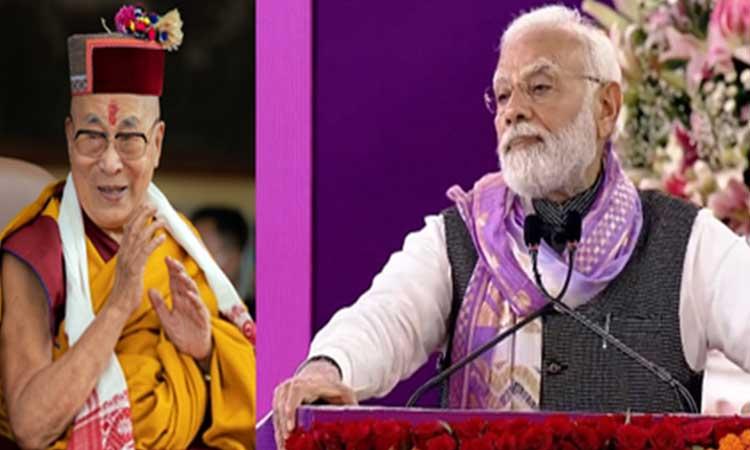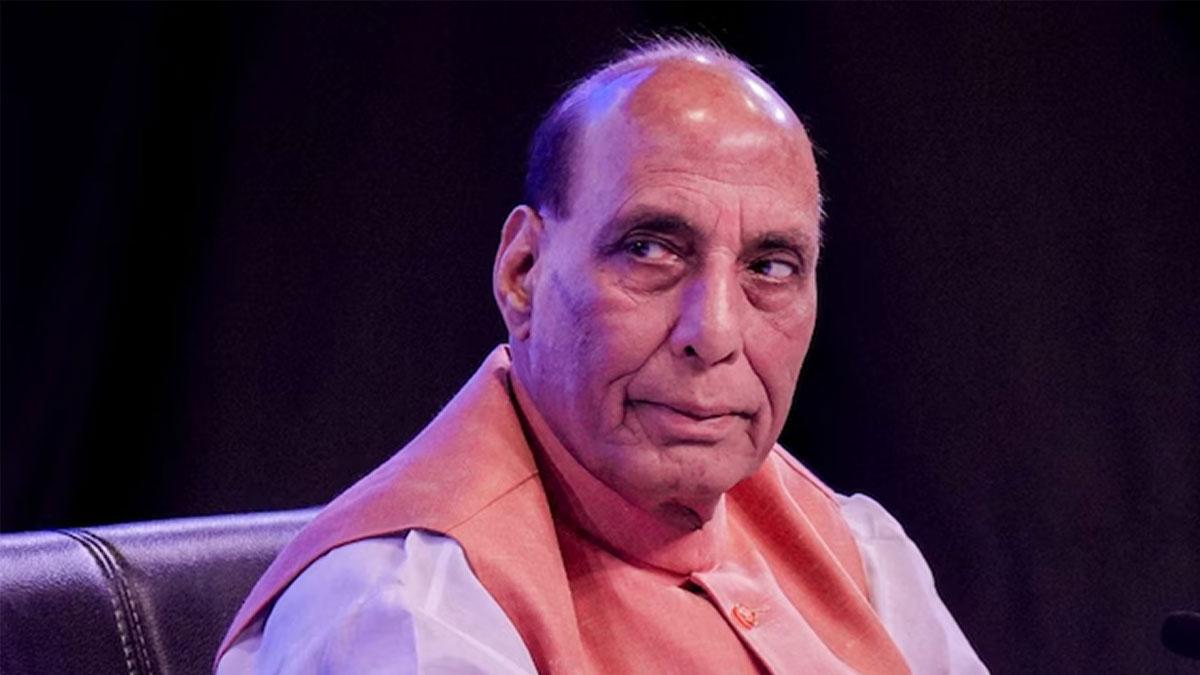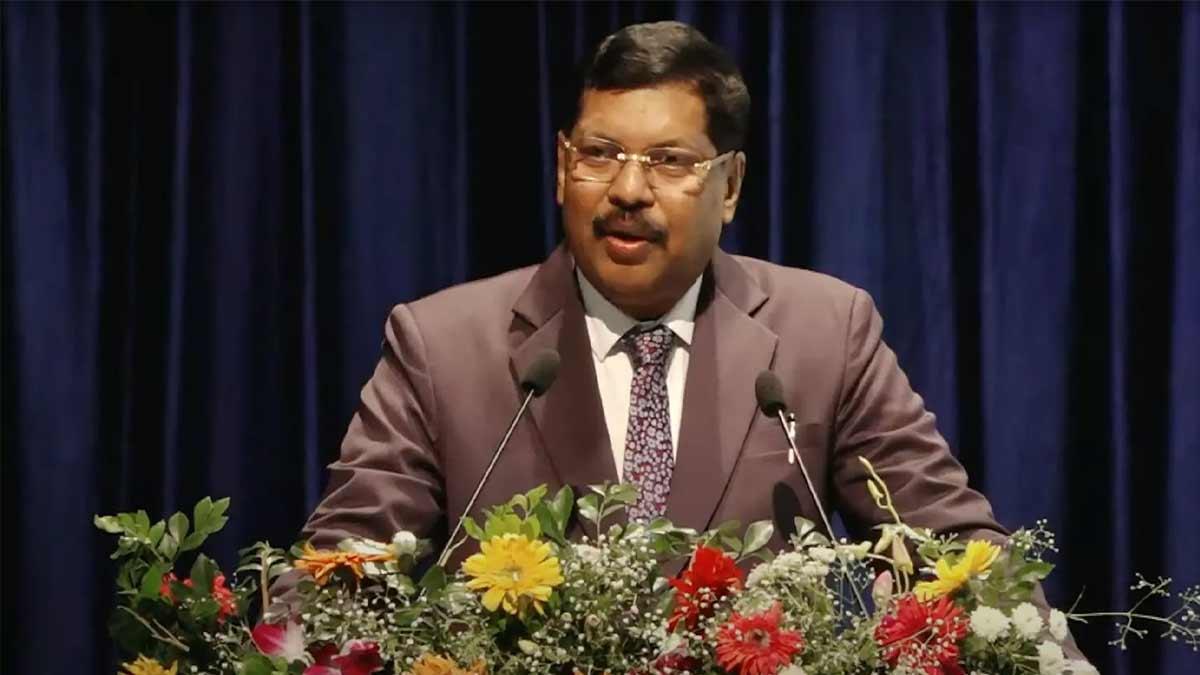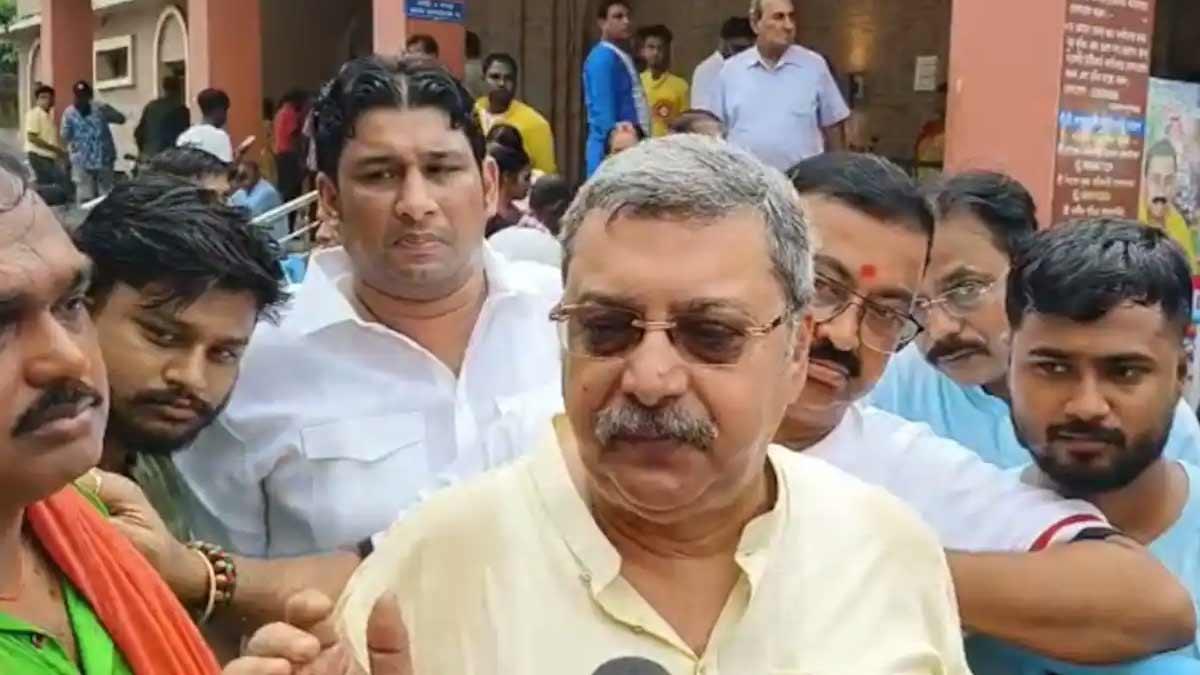With India's ties with China having been hit the lowest ebb, Prime Minister Narendra Modi has been consecutively wishing the Dalai Lama since 2021 on his birthday, using a soft power of diplomacy to recognise Tibet as "an independent country".
His Holiness the Dalai Lama turned 88 on Thursday and with Modi sharing greetings, observers believe, are recognition to the Dalai Lama as de facto head of state Tibet, meaning India refuses to recognise Tibet as China's territory.
"Spoke to His Holiness @DalaiLama and conveyed heartfelt greetings to him on his 88th birthday. Wishing him a long and healthy life," the Prime Minister tweeted.
India has been home to the Dalai Lama and the Tibetan exile community for nearly 65 years.
India's strategic shift of stand on Tibet gained momentum last month with PM Modi's meeting with American Buddhist scholar Bob Thurman and his public hug to Hollywood star Richard Gere, both vocal and staunch supporters of the "free Tibet" movement led by the Dalai Lama.
Pictures of Gere, chairperson of the International Campaign for Tibet, doing yoga next to Modi on June 21 at the UN headquarters in New York have gone viral on social media.
"Meeting with Bob Thurman and public hug to Richard Gere by PM Modi is not a coincidence but an intentional messaging," a Tibetology observer told IANS.
Indian functionalities see the strategic shift in India's stand on Tibet to signal to America at a time when the US administration passed the Tibetan Policy and Support Act in 2020, making it clear that only the Dalai Lama should have control over his reincarnation, not complying with China's laws to impose its sanctioned successor.
In the past, Indian leaders and officials have generally been cautious about public contact with Tibet's spiritual leader to avoid upsetting Beijing, who regards the spiritual leader as a dangerous "splittist", or separatist, and frowns on any engagement with any political leader.
On the occasion of PM Modi's 72nd birthday last year, the Dalai Lama wrote to him offering his warmest wishes and prayers for his continued good health.
"India's strong democratic foundation is an example of peace and stability. Having one of the youngest populations is an asset that will enable further development and the fulfilment of positive aspirations. I am delighted to say India is poised to assume its rightful place in the world," the Dalai Lama wrote.
The 14th Dalai Lama was born on July 6, 1935, in a small village in the remote Amdo region of Tibet.
According to the Tibetan parliament-in-exile, the US government and congress have extended their support for Tibet by adopting legislations on Tibet.
Similarly, there is a growing support for Tibet in Latin America, Europe, Africa, and Asia.
Concern on Tibet was raised in the statement of the Group of Seven (G7) summit held in Japan in May, and a resolution calling for China to stop its interference in religious freedom and forced assimilation of Tibetans in Tibet was adopted by the Czech Senate Committee.
Tibet's issue was also brought up several times in Geneva summit for human's rights, and a report on Tibet entitled The Human Rights Situation of Tibetans and the Chinese Residential Boarding School and Preschool System was produced by the Canadian Parliament's international human rights subcommittee, says the parliament-in-exile in a statement to mark the Dalai Lama's 88th birthday. All these show that the international community recognises the need for extending political support to Tibet, it says. The globetrotting elderly monk made his maiden visit to Buddhist countries of Japan and Thailand in 1967.
During his first visits to 11 countries in Europe in 1973, the Dalai Lama emphasised that, along with material development, there is an urgent need to cultivate universal responsibility and develop a good heart irrespective of whether one is a believer or non-believer.
The Dalai Lama, who often calls India the "Guru" and Tibet its "Chela" and refers to himself the "Son of India", has travelled around 60 countries in five continents over the years.
Among these, the Dalai Lama visited the US alone around 60 times; Germany 47 times; Japan 43 times; Switzerland 32 times; Italy 31 times and France 26 times.
Till date, His Holiness has made around 500 international visits, constantly meeting with intellectuals, scientists and the general public.
His Holiness the Dalai Lama also met with around 500 global political and religious leaders.
In recognition of the Dalai Lama's meritorious service to humanity, governments, parliaments, institutions and foundations have conferred over 200 honorary doctorates and awards, including around 73 awards in the US alone.
"From my side, I dedicate this very life that I have now to helping limitless sentient beings to the best of my ability," remarked the spiritual leader in a message to mark his 88th birthday.
In 1959, the occupying Chinese troops suppressed the Tibetan national uprising in Lhasa and forced the Dalai Lama and over 80,000 Tibetans into exile in India and neighbouring countries.
On reaching India after a three-week-long treacherous journey, the Dalai Lama first took up residence for about a year in Mussoorie (now in Uttarakhand).
On March 10, 1960 just before moving to Dharamsala, which also serves as the headquarters of the exiled Tibetan establishment, the Dalai Lama said: "For those of us in exile, I said that our priority must be resettlement and the continuity of our cultural traditions. We, Tibetans, would eventually prevail in regaining freedom for Tibet."
Nearly 130,000 Tibetans in exile live in many countries around the world in both compact and scattered communities. About 80,000 are settled in 54 different locations across India, Nepal and Bhutan.
Also read | PM Modi speaks to Dalai Lama, conveys birthday greetings
Also read | 'Physically fit at the age of 88, can do boxing': Dalai Lama


















